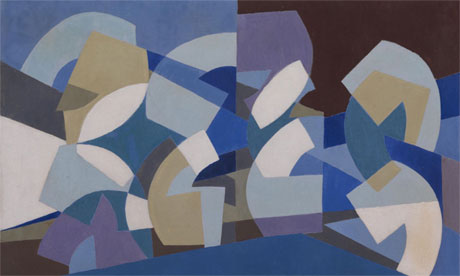
These are troubled times to be putting on a festival celebrating a culture that is, on several levels and in different regions of its rich geography, tearing itself apart. Three "cradles" of our many regional civilisations – Iraq, Syria and Egypt – are riven by conflict, the former two torn apart by civil war. Our oldest and most beautiful cities – Damascus, Aleppo, Baghdad – have turned into embodiments of ugly, wanton violence and destruction. Cairo and Alexandria are chaotic, confusing places with uncertain futures. Yemen – or Arabia felix ("happy" or "fertile" Arabia), as it was known to the Romans – is adrift in a combination of tribal war and desperate scrambles for rare resources, including water. Nearby, the Arabian Peninsula, cradle of another of our great civilisations, Islam, has not been immune from unrest and civil conflict. Even gentle but long-oppressed Tunisia barely lifted its head in peaceful revolt before sinking again into a state of restless turbulence.
So what is there to celebrate? And why in London of all places?
First there are the people of the region, their determination and resilience in the face of momentous challenges. Without them there is no culture, and without them culture has no future. Shubbak is an occasion to remember them.
The second group are our artists, writers, film-makers and musicians. These global wanderers carry their pain with them wherever they go, creating work against the odds. At their best, they reveal unfamiliar aspects of the region and speak for it with resonant voices. They are our most seasoned guides through dark and confusing times, and as Shubbak's artistic director, Eckhard Thiemann, has stated, "they make us look beyond the often simplistic interpretation of media reports with their competing 'truths'".
The third group is the region's exiles. We know how damaging displacement can be, particularly on children from families without the resources – financial, but most of all cultural – to survive happily here. The experience of Arab immigrants, whether they chose to live here or were forced by tragedy at home, is a universal one that can be shared with many other groups in this country. Shubbak, with collaborators from all over the world, many of whom are based here, is a small testimony to both the tragedies and the triumphs of being exiled and offers an alternative way for us in Britain to relate to the Arab region, based on understanding and respect.
One day the Arab region will no doubt find peace and freedom again. Perhaps it will rediscover its own genius which, until recent times, offered a home to an extraordinarily dynamic and generous culture on arguably the richest repository of human history in the world. When that happens, our small tribute may be remembered as a token of friendship and admiration, while London will be looked upon as that place where refuge was possible and peace once again imaginable.
• Omar al-Qattan is chairman of Shubbak 2013: A Window on Contemporary Arab Culture

